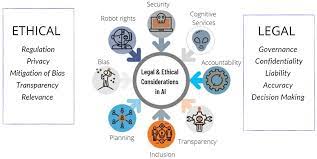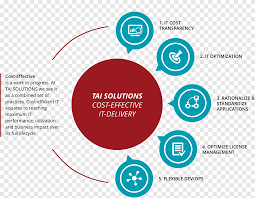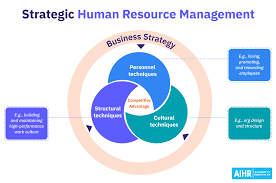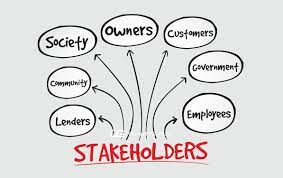Driving Change: The Growing Significance of Sustainability in Business
In an era shaped by evolving societal values and environmental concerns, sustainability has transcended from a moral imperative to a strategic necessity, revolutionizing the landscape of business. Here are key points outlining its increasing significance:

1. Environmental Responsibility as a Core Focus:
Businesses are recognizing the urgency to address environmental challenges. Embracing sustainability entails reducing carbon footprints, adopting renewable energy, minimizing waste, and implementing eco-friendly practices throughout operations.

2. Social Impact and Ethical Governance:
Beyond environmental concerns, sustainability now encompasses social responsibility. Businesses are expected to demonstrate ethical governance, prioritize fair labor practices, promote diversity, equity, and inclusion, and contribute positively to communities.

3. Consumer Demands and Market Trends:
Consumers are increasingly gravitating towards sustainable products and ethical brands. Market trends indicate a rising preference for companies committed to sustainability, influencing purchasing decisions and brand loyalty.

4. Regulatory Compliance and Risk Mitigation:
Governments worldwide are introducing stringent regulations to enforce sustainability standards. Companies that proactively adopt sustainable practices not only comply with regulations but also mitigate risks associated with non-compliance.

5. Innovation and Cost Efficiency:
Sustainability drives innovation. Businesses investing in sustainable technologies and practices often discover cost-saving measures, efficiency improvements, and avenues for product or service innovation.

6. Long-Term Resilience and Competitive Edge:
Companies embracing sustainability exhibit greater resilience. They anticipate future market shifts, adapt to changing consumer preferences, and maintain a competitive edge in a rapidly evolving business landscape.

7. Investor and Stakeholder Expectations:
Investors and stakeholders increasingly consider sustainability metrics when evaluating companies. Firms demonstrating commitment to sustainable practices attract investment, partnerships, and shareholder support.

8. Supply Chain Sustainability:
Ensuring sustainability across the supply chain is paramount. Businesses collaborate with suppliers to enforce ethical and sustainable standards, promoting transparency and accountability.

9. Integration into Corporate Strategy:
Sustainability is no longer an isolated initiative but a fundamental aspect of corporate strategy. It permeates organizational culture, guiding decision-making processes and long-term planning.

10. Global Collaboration for Sustainable Development:
Businesses engage in global sustainability initiatives, collaborating across industries and regions to address pressing global challenges, such as climate change, poverty, and inequality.
In conclusion, the growing importance of sustainability in business is transformative. It's no longer an option but an imperative for companies to thrive in an ever-evolving world. Embracing sustainability fosters innovation, resilience, stakeholder trust, and a positive societal impact, positioning businesses as catalysts for meaningful change.
This article highlights the multifaceted significance of sustainability in the modern business landscape, emphasizing its role in driving positive change and fostering business success.



You must be logged in to post a comment.